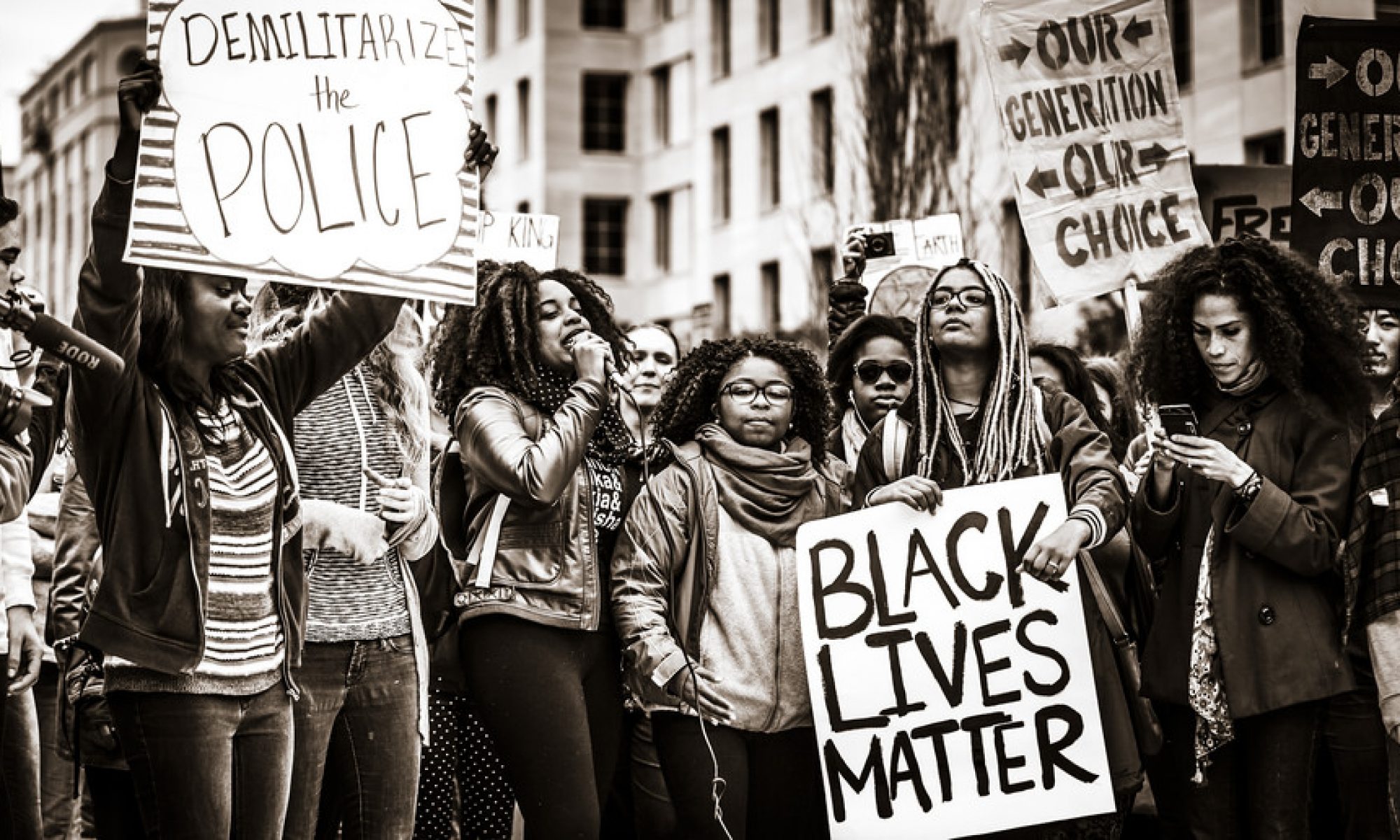Doing the Research Paper:
The evidentiary basis of a research papers is primary sources. While secondary sources are useful to provide historical context, as well as a sense of what other have written in the past,
historians are writers and primary sources research is the basis of their work. As I have discussed before, primary sources come in different forms, including archival sources (organization, persona, or government), oral histories, magazines, newspapers, poetry, music, and artifacts (clothing, architecture, etc . . . ).
While historians tell stories about the past, they’re using the stories to make an argument about the past. Historiography is useful here, because historians want to know what other historians have written about a given topic. While scholars might write about the same topic, they generally approach the topic differently and usually ask different questions. For example, historian Tiffany Gill likely read Noliwe Rook’s Hair Raising: Beauty, Culture, and African American Women. But after Dr. Gill read existing works, she began to ask a series of questions: did black beauticians play any role in the civil rights movement? If so, what roles? How do we explain the political efficacy of black beauticians?
Historians, like other disciplines, call these questions research questions. But after reading about these books, Dr. Gill began to do research in archives, newspapers, oral histories etc… and once she found relevant sources, she processed them. Processing primary sources includes not only readings and analyzing sources but also thinking about how you might use them in your work.
Throughout the semester, we’ve talked about different facets of this history of black women in the black freedom struggle. Doing, or shall I say, writing history is a different endeavor, but reading about history it can also help you to doing it.
When you are reading and processing primary sources, you’re able to learn about events, people, ideas, etc . . . but you’re also able to, through the act of processing the material, analyze and use that analysis of the sources in an essay or an I.S. to write different or new stories, but also to make an argument about the past.
For example, when we listen to this oral history interview from Dorie Ann Ladner and Joyce Ladner, we get a very different perspective of the March on Washington than Martin Luther King’s “I Have a Dream” speech.
